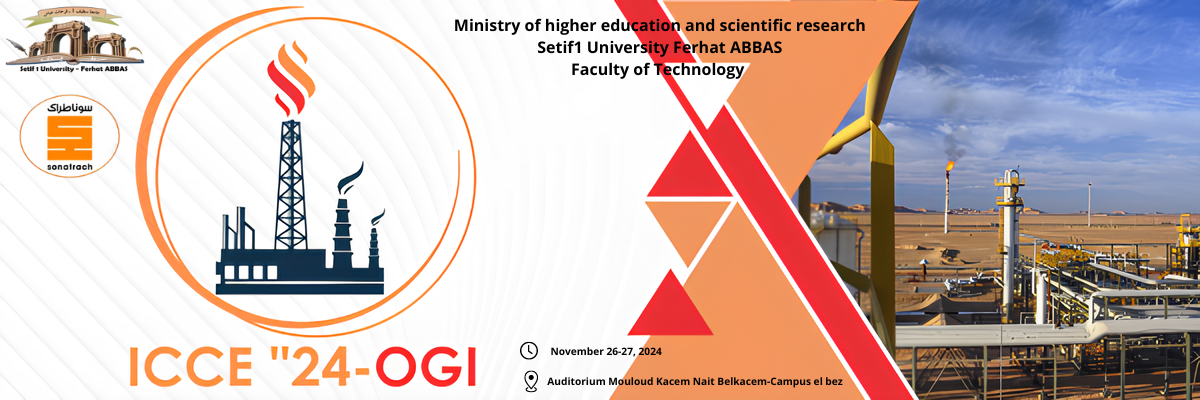
Topics of interest include but not limited to:
- Catalyst preparation: fundamental concepts and industrial requirements
-
-
- Catalytic material design, Automated synthesis, Model Materials, Innovative preparation techniques, Adsorption and thermodynamics at catalytic interfaces,
- Mono and Multifunctional Heterogeneous Catalyst: Reforming, Isomerization, Hydrocracking,
- Homogeneous Catalyst: Pretreatment of Naphtha and Oil Cuts,
- Catalysis and Zeolites,
- Electrocatalysis,
- Enzymes and biocatalyst for Renewable Sources: Biorefinery, Biofuels and Bioenergy,
- Characterization of catalysts and of catalytic reactions: analytical development.
-
- Catalysis in oil & gas processes and environment
-
-
- Reactor, process and multi-scale modeling, Catalytic chemical engineering,
- Thermal Management Materials,
- Smart Technologie in Energy Engineering,
- Advances Heterogeneous Catalyst Deactivation, Poisoning and Regeneration Catalysis and Energy,
- Catalysis for Renewable Sources: Biorefinery, Biofuels and Bioenergy, Photocatalysis,
- Catalysis, Mechanisms and chemical kinetics,
- Catalytic Naphtha conversion: Reforming, Isomerization,
- Catalysis for polymer synthesis, plastic recycling and upcycling,
- Catalysis for Water and Air treatment.
-
- Process monitoring
-
-
- Supervisory control and data acquisition (SCADA),
- Human-machine interface (HMI),
- Real-time process monitoring,
- Programmable logic controller (PLC),
- Distributed control system (DCS),
- Industrial control system (ICS).
-
- Treatment and valorization of Greenhouse gas “GHG” emissions
-
-
- Energy transition and decarbonization,
- Methane conversion to olefins, aromatics and other organic chemicals,
- Innovations in methane emission cuts in oil and gas sector,
- Valorization of GHG emissions for production of Methanol and DME,
- Biodegradable chemicals,
- Advanced fuels, Atom economy, Clean Fuel, Gas purification,
- Renewable hydrogen production, CO2 Conversion,
- Gas to liquids technology (based on hydrogen, natural gas, biogas, coal and biomass gasification).
-
- Chemical process safety and risk management
-
-
- Innovation and Creativity in Process Safety,
- Process Safety Leadership and Competency,
- Cyber Security in Chemical Processes,
- Human Factors Engineering,
- Hazard Identification, Risk Assessment, and Management,
- Process safety research and development from regulators, operators, academics and other interested parties,
- Codes and Regulations on Process Safety Management and the Prevention of Major Industrial Accidents,
- Industrial Water Management and the Environment,
- Gas Economics, Policies, and Process Safety,
- Innovations in the design, material selection and optimum pressure profile to maximize the economy and safety of the new main gas transmission systems.
-
- Industry 4.0: AI, big data treatment & analysis,modeling and simulation
-
-
- Artificial Intelligence (AI): Machine learning, deep learning, computer vision, natural language processing,
- Big Data Treatment & Analysis: Big data lakes, data analytics, data visualization, cloud computing,
- Industrial Internet of Things (IIoT): Sensors, actuators, connectivity, industrial automation,
- Cloud Computing: Cloud storage, cloud platforms, Software as a Service (SaaS), Platform as a Service (PaaS), Infrastructure as a Service (IaaS).
-

